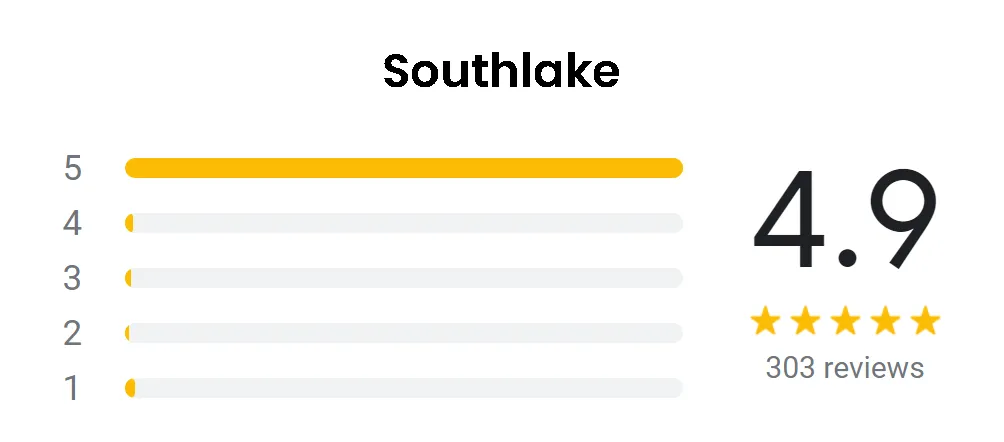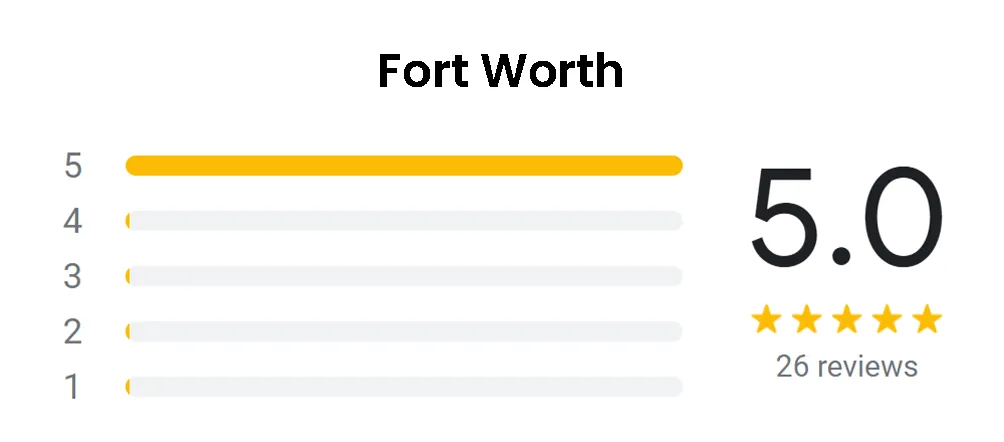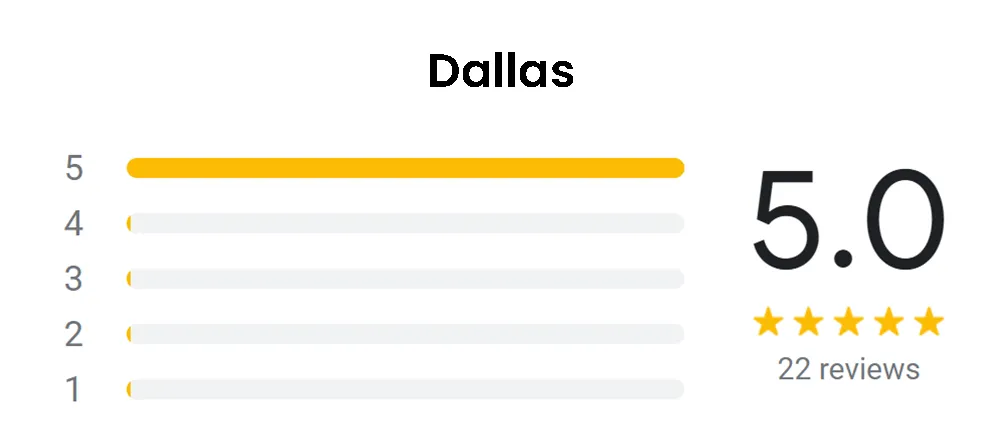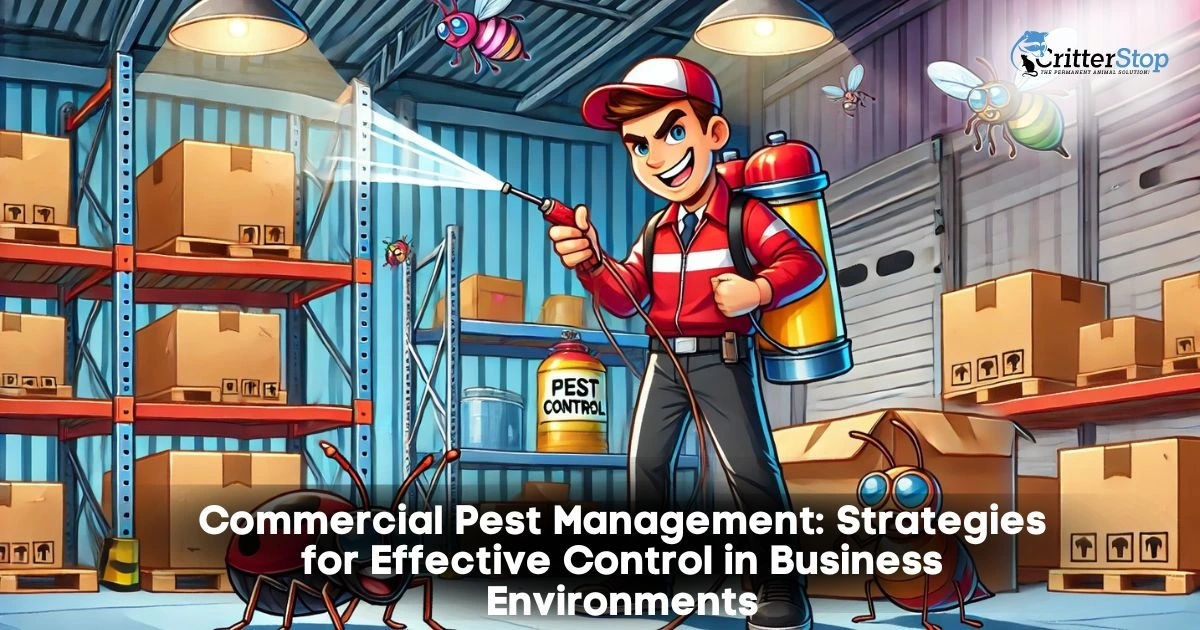
Effective commercial pest management is essential for maintaining a clean and safe business environment. Proactive pest control strategies protect a company's reputation and safeguard the health of employees and customers alike. Businesses can avoid costly damages and operational disruptions by addressing pest issues before they escalate.
Various pests, such as rodents, insects, and termites, can pose significant risks in commercial operations. Timely and professional intervention ensures that infestations are managed efficiently, minimizing setbacks and compliance issues with health regulations. Implementing a robust pest management plan is crucial for any commercial enterprise aiming to thrive.
Business owners benefit from partnering with licensed pest management professionals who understand the unique challenges of commercial spaces. These experts provide tailored solutions that consider the business's specific needs, enhancing both safety and comfort. Investing in commercial pest management is not just a smart choice but a necessary aspect of responsible business operations.
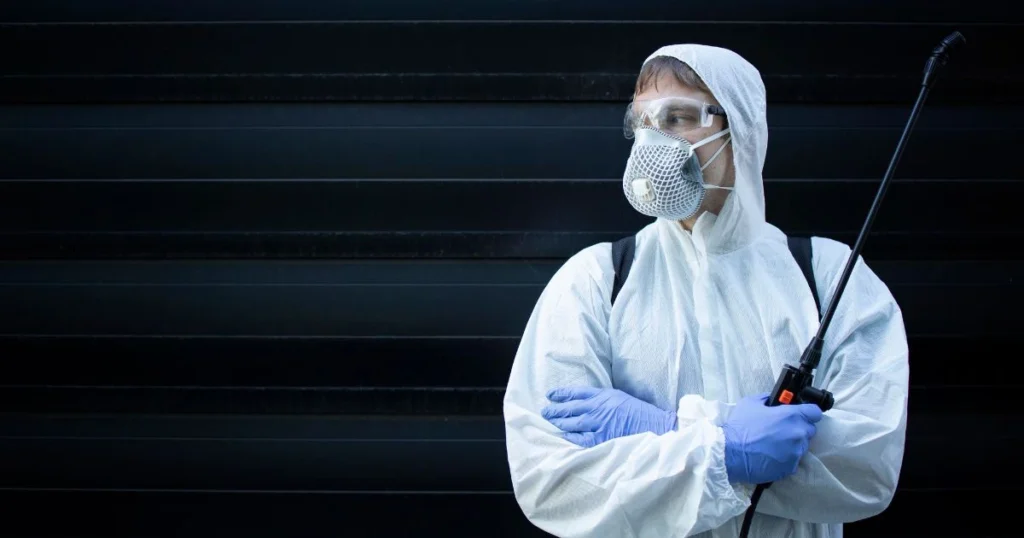
Commercial pest management involves strategic approaches tailored to prevent and control pest infestations in business environments. It is essential for maintaining a safe and sanitary space while ensuring compliance with health regulations.
Quality commercial pest control begins with an integrated pest management (IPM) approach. This method combines preventive practices and corrective measures to manage pest populations effectively.
Pest identification is crucial in this process. Professionals assess the type of pests present, their behaviors, and their life cycles. This knowledge informs targeted interventions using techniques such as:
These fundamentals establish a robust framework for addressing potential pest issues in commercial settings.
Assessing commercial pest control needs requires a thorough inspection of the facility. Factors such as location, industry type, and building structure influence the specific requirements.
Businesses often perform risk assessments to identify vulnerabilities. This evaluation may involve:
By combining these insights, businesses can effectively tailor a pest management strategy that aligns with their operational requirements.
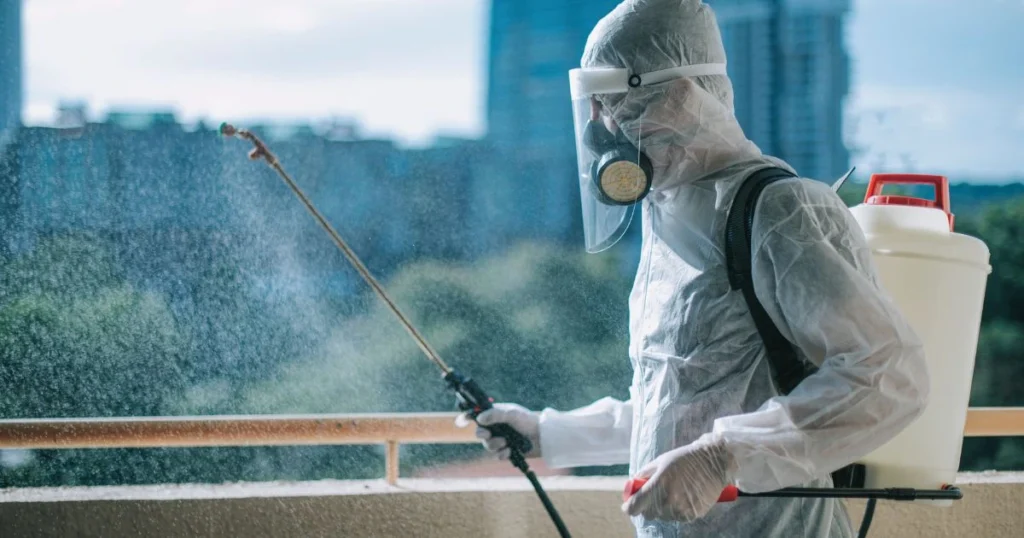
Commercial pest control services play a crucial role in maintaining a pest-free environment for businesses. They focus on effective strategies tailored for specific industries to minimize disruption and maintain compliance with health regulations.
Commercial pest control companies offer various solutions to manage infestations effectively. Some common methods include:
These strategies are selected based on the specific pest and the business environment. Regular monitoring helps assess the effectiveness of the chosen methods.
Integrated Pest Management (IPM) is a holistic approach that commercial pest control companies implement. IPM involves multiple strategies to achieve long-term pest control. Key components include:
IPM combines these methods to reduce reliance on chemical control, promoting a safer environment for both employees and customers.
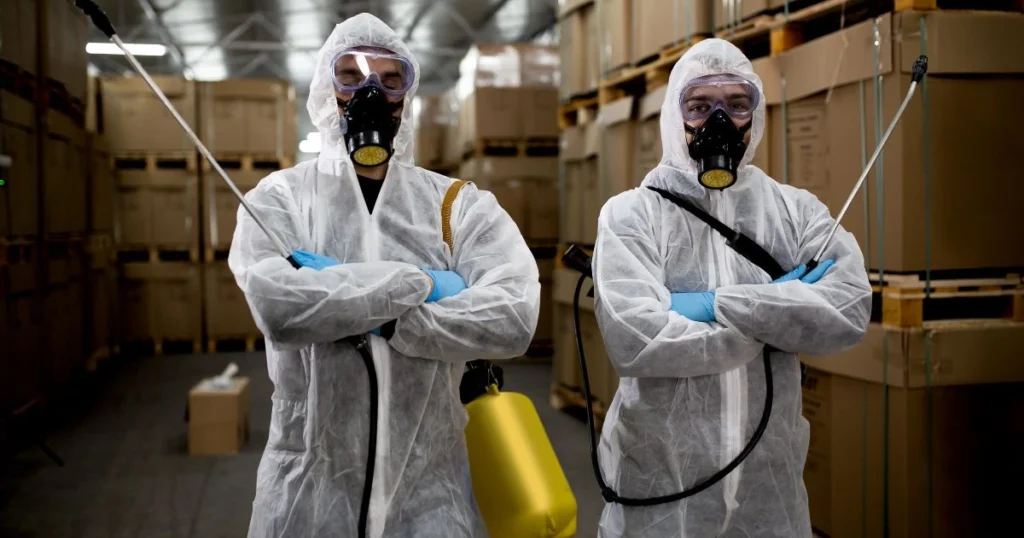
The expenses related to commercial pest control vary greatly based on several factors and pricing structures. Understanding these costs helps businesses budget effectively.
Multiple factors influence commercial pest control prices. Key considerations include:
Pricing structures for commercial pest management can be categorized into several models. Common structures include:
Pricing typically reflects not only the service provided but also the expertise of the pest control professional.
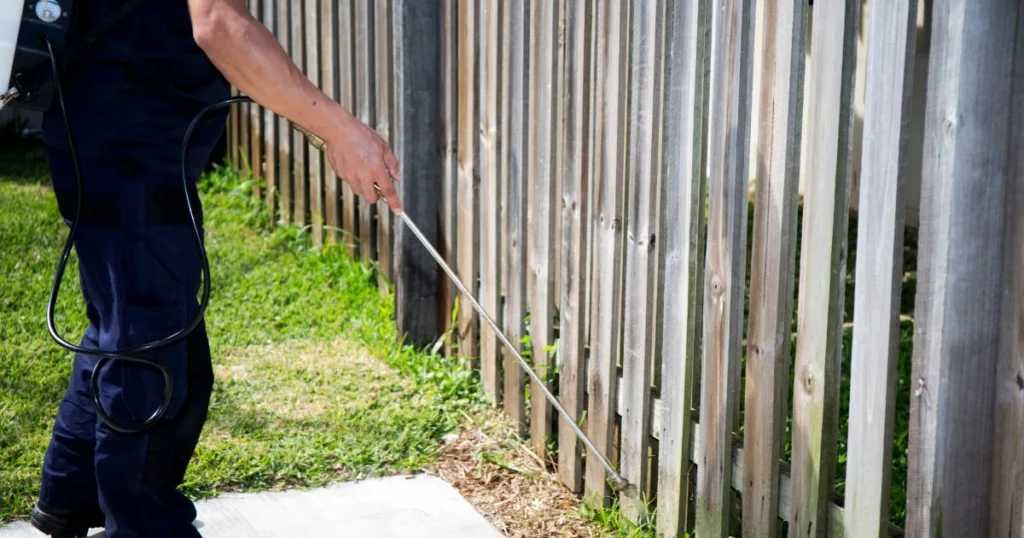
Choosing the right pest control provider is crucial for effective pest management in commercial settings. Factors to consider include service quality, local reputation, and the range of services offered.
Several criteria are essential when selecting a pest control provider. Licensing and Certification are foundational; ensure the company is licensed to operate in your area. This guarantees compliance with local regulations.
Experience matters significantly. A provider with a solid track record in commercial pest control is often more adept at handling various issues. Check for references and online reviews to gauge customer satisfaction.
Additionally, assess services offered. A quality company should provide a comprehensive range of services, including prevention, monitoring, and treatment specific to common pests in commercial environments, such as ants, roaches, and rodents.
Safety Practices should also be a priority. Ensure the provider uses environmentally safe products and adheres to proper safety protocols to protect both employees and customers.
When evaluating local pest control companies, it's beneficial to create a comparison table. This table can summarize key factors such as services, pricing, and responsiveness.
This structured approach will help in making an informed decision while ensuring that the chosen provider meets the specific pest management needs of the commercial space.
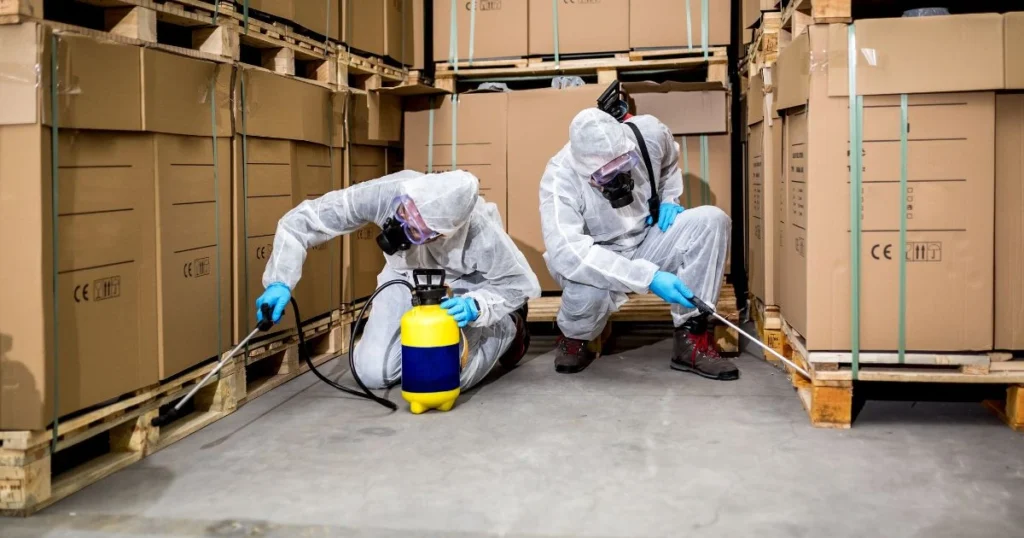
Effective commercial pest management starts with a thorough inspection. Identifying the type of pests present is crucial for crafting an appropriate response. Trained professionals should conduct this inspection to ensure accuracy.
Following the inspection, professionals design a tailored pest management plan. This plan often includes a combination of prevention, control, and monitoring strategies. Regular monitoring is essential to keep pest populations under control.
Key Steps in Implementation:
Awareness and training are critical for staff. Employees should be educated on recognizing signs of pest activity and reporting them immediately. Quick action can prevent larger infestations.
For businesses facing wildlife issues, contacting Critter Stop can be highly beneficial. They provide humane wildlife removal and have a fantastic reputation backed by positive customer reviews. For a free inspection, it is advisable to call Critter Stop at (214) 234-2616 to address any pest or wildlife concerns effectively.
Understanding the nuances of commercial pest management can significantly benefit businesses. This section addresses critical inquiries related to costs, certifications, and service expectations in this field.
Several elements can affect the pricing of pest management services. These include the type of pests, the facility's size and location, and the service frequency needed. Additionally, the complexity of the infestation can also play a role in determining costs.
Commercial pest management providers typically require specific certifications to operate legally. These may include licenses issued by state agricultural departments and certifications from recognized pest control associations. Ensuring that providers possess these certifications is crucial for maintaining safety standards.
Pricing for commercial pest control often follows a tiered structure. Companies may charge per visit, monthly, or annually based on a contract. Some may also assess charges based on square footage or the severity of the pest issue.
Services usually encompass a detailed inspection, treatment plans, monitoring, and follow-up visits. Pest management providers may offer preventative measures and advice on maintaining a pest-free environment. Customized treatment plans are also common to address specific business needs.
Commercial pest control often addresses larger spaces and specific regulations related to various industries. Companies in this sector are equipped to handle unique challenges like health code compliance and specialized pest issues found in commercial settings. Residential pest control typically focuses on smaller, more straightforward arrangements.
To ensure quality, businesses should research potential pest management providers thoroughly. Checking reviews, asking for references, and verifying certifications are essential steps. Regular communication about expectations and service results can also foster a productive partnership.
Commercial pest control involves strategies and services designed to prevent and manage pest infestations in business settings. It is crucial for maintaining hygiene, protecting customer satisfaction, and ensuring compliance with health regulations. Effective pest management can also safeguard a company's reputation.
Price lists may be available on the websites of various pest control companies. Local business directories or pest management association websites can also provide comparative information. Additionally, obtaining quotes directly from providers can help in understanding pricing structures.
The cost per square foot for commercial pest control can vary widely by location and service provider. Businesses should contact local pest control companies for accurate estimates tailored to their specific conditions. Gathering multiple quotes can also provide a clearer picture of potential expenses.
Dallas, like many urban areas, has numerous reputable commercial pest control services. Checking local reviews, seeking recommendations, and verifying credentials can help businesses find reliable options. Many companies in the area specialize in various pest management solutions tailored to diverse commercial needs.
Choosing the right pest control company requires evaluating their experience, services offered, and client feedback. It is advisable to ask specific questions about treatment methods and service guarantees. Requesting initial consultations can also help businesses gauge the provider's suitability.
Businesses can expect a thorough assessment, tailored pest management plans, and ongoing monitoring. Providers should communicate clearly about the treatment process and anticipated outcomes. Regular follow-up visits and reporting on pest activity are key components of effective commercial pest management.
Visit our Critter Library and learn more about our furry friends
